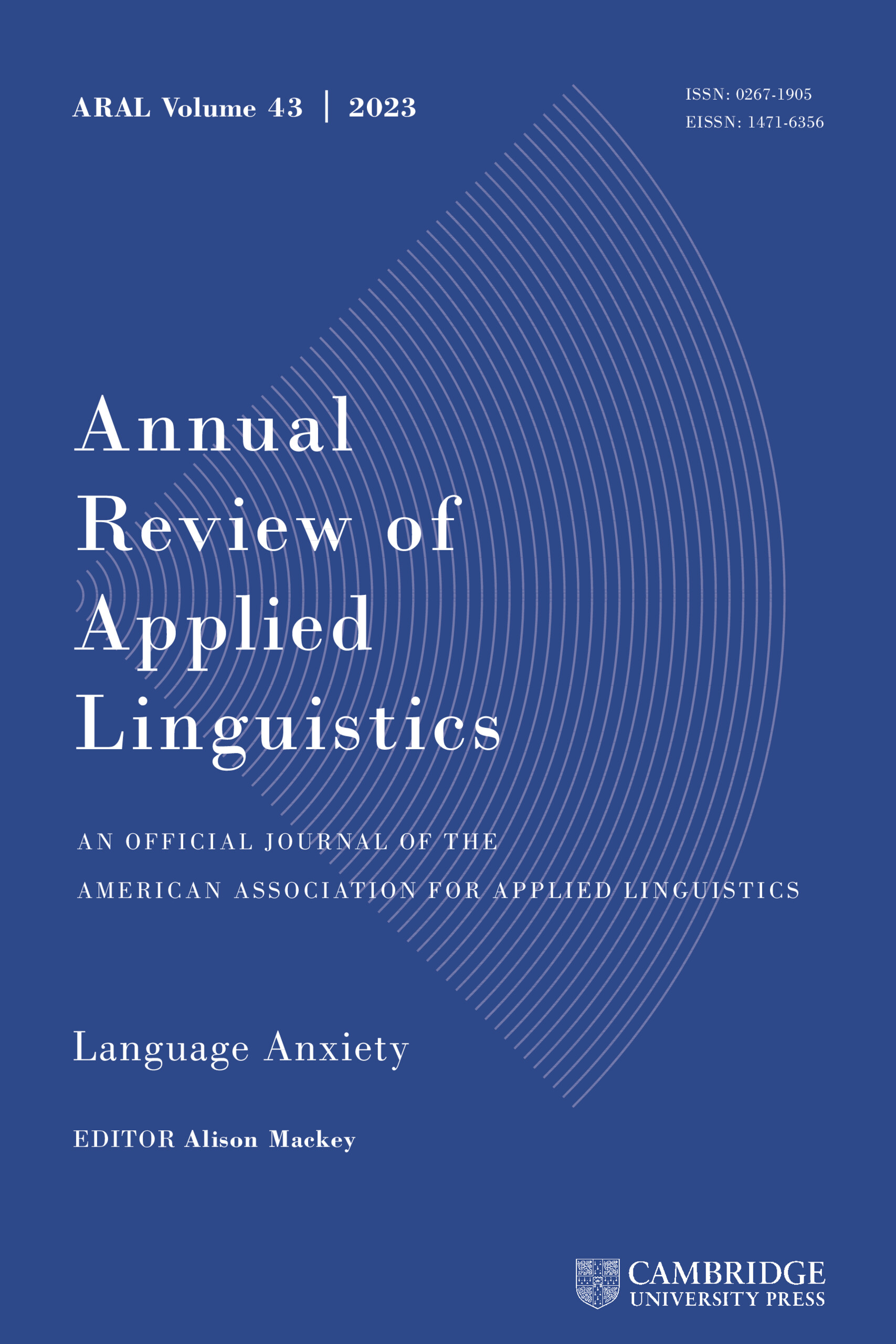Article contents
1. LANGUAGE RIGHTS AND POLITICAL THEORY
Published online by Cambridge University Press: 11 April 2003
Abstract
After years of neglect, political theorists in the last few years have started to take an interest in issues of language policy, and to explore the normative issues they raise. In this chapter, we examine why this interest has arisen and provide an overview of the main approaches that have been developed. A series of recent events has made it clear that language policy is central to many of the traditional themes and concepts of political theory, such as democracy, citizenship, nationhood, and the state. The rise of ethnolinguistic conflict in Eastern Europe, the resurgence of language-based secessionist movements in Catalonia, Flanders, and Quebec, the backlash against immigrant multiculturalism, and the difficulties in building a pan-European sense of European Union citizenship—in all of these cases, linguistic diversity complicates attempts to build stable and cohesive forms of political community. In the past, political theorists have often implicitly assumed that this sort of linguistic diversity would disappear, as a natural concomitant of processes of modernization and nation-building. However, it is now widely accepted that linguistic diversity is an enduring fact about modern societies. As a result, political theorists have started to explore the justifications for minority language rights claims, and to consider how different models of language rights relate to broader political theories of justice, freedom, and democracy.
- Type
- MAJOR ISSUES IN LANGUAGE CONTACT
- Information
- Copyright
- © 2003 Cambridge University Press
- 196
- Cited by




